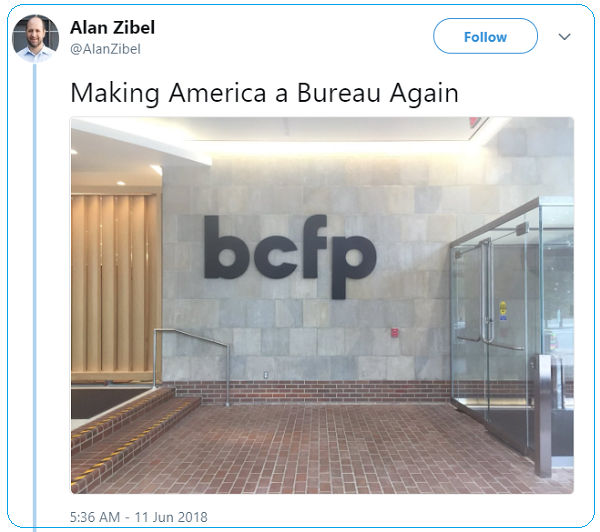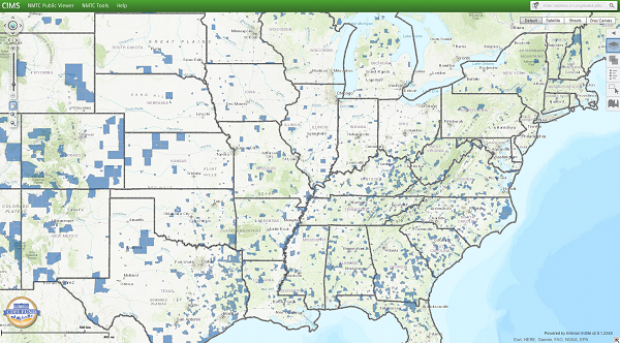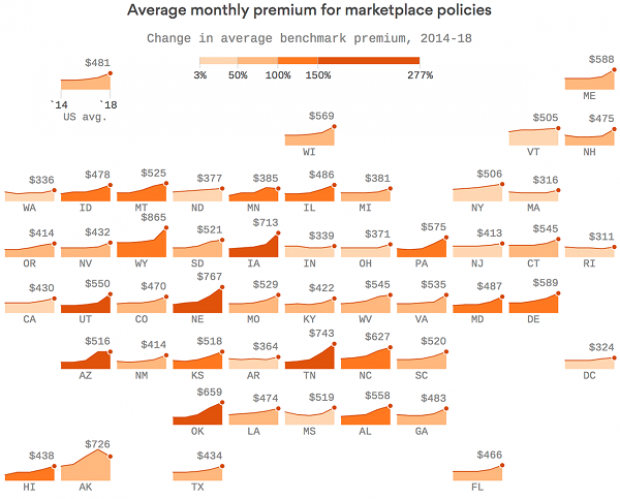The 10 Friendliest Cities in the U.S.
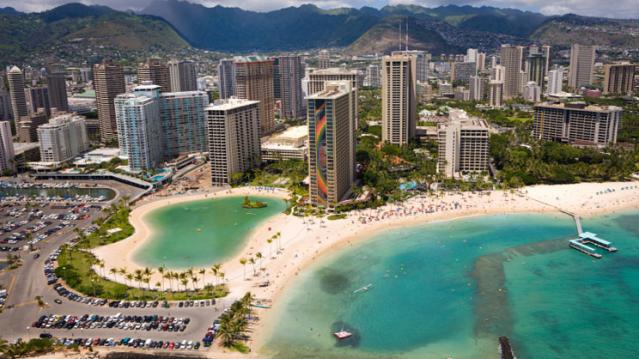
The friendliest city for visitors is Honolulu, according to more than 6,400 respondents in a newly released poll by Travelzoo.
Survey takers were asked to pick the cities, states and countries where they felt the most welcome, could easily ask for directions, and get dining recommendations. New York City came in second, followed by New Orleans.
Last year was a record-breaking year for tourism, and the numbers confirm the popularity of these destinations for travelers. In 2014, 8.3 million visitors came to the Aloha State, with total visitor expenditures estimated at $14.7 billion. On average, 205,044 visitors are in the state of Hawaii on any given day.
Related: They’re Leaving Las Vegas: Fewer I Do’s in Last Decade
New York City, where tourism also hit a record high in 2014 with 56.4 million visitors streaming into the Big Apple, claimed the second spot in the poll.
Third place New Orleans has 9.52 million visitors and tourism spending of $6.81 billion in 2014. Fourth place Las Vegas also broke tourism records with 40 million visitors last year, thanks to renovated and rebranded resorts and direct flights from Canada and Mexico. Boston rounded out the top five, with a total of 16,250,000 international and domestic visitors in 2014.
Here are the top 10 friendly cities:
- Honolulu
- New York
- New Orleans
- Las Vegas
- Boston
- San Diego
- San Francisco
- Charleston, S.C.
- Chicago
- Seattle
Travelzoo also ranked states for friendliness, with warm climes dominating the list. In the top spot was Florida, followed by California and Hawaii. New York and Maine were the only states from the Northeast to make the list.
- Florida
- California
- Hawaii
- New York
- Texas
- South Carolina
- Maine
- Georgia
- Washington
- Arizona
In Europe, Amsterdam, London, and Dublin were considered the friendliest cities to visit, with Italy and Ireland seen as the friendliest countries.
GOP Tax Cuts Getting Less Popular, Poll Finds

Friday marked the six-month anniversary of President Trump’s signing the Republican tax overhaul into law, and public opinion of the law is moving in the wrong direction for the GOP. A Monmouth University survey conducted earlier this month found that 34 percent of the public approves of the tax reform passed by Republicans late last year, while 41 percent disapprove. Approval has fallen by 6 points since late April and disapproval has slipped 3 points. The percentage of people who aren’t sure how they feel about the plan has risen from 16 percent in April to 24 percent this month.
Other findings from the poll of 806 U.S. adults:
- 19 percent approve of the job Congress is doing; 67 percent disapprove
- 40 percent say the country is heading in the right direction, up from 33 percent in April
- Democrats hold a 7-point edge in a generic House ballot
Special Tax Break Zones Defined for All 50 States
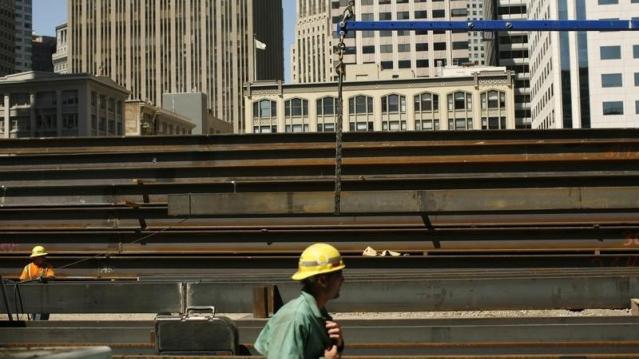
The U.S. Treasury has approved the final group of opportunity zones, which offer tax incentives for investments made in low-income areas. The zones were created by the tax law signed in December.
Bill Lucia of Route Fifty has some details: “Treasury says that nearly 35 million people live in the designated zones and that census tracts in the zones have an average poverty rate of about 32 percent based on figures from 2011 to 2015, compared to a rate of 17 percent for the average U.S. census tract.”
Click here to explore the dynamic map of the zones on the U.S. Treasury website.
Map of the Day: Affordable Care Act Premiums Since 2014

Axios breaks down how monthly premiums on benchmark Affordable Care Act policies have risen state by state since 2014. The average increase: $481.
Obamacare Repeal Would Lead to 17.1 Million More Uninsured in 2019: Study
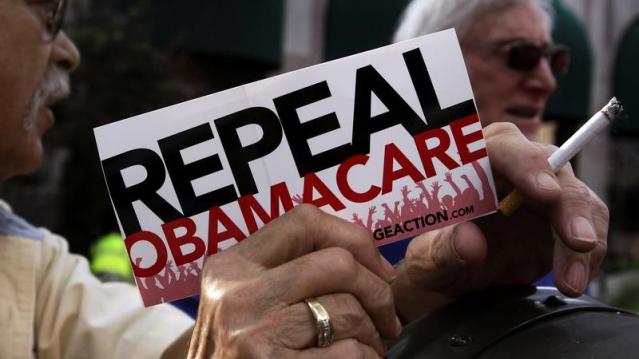
A new analysis by the Urban Institute finds that if the Affordable Care Act were eliminated entirely, the number of uninsured would rise by 17.1 million — or 50 percent — in 2019. The study also found that federal spending would be reduced by almost $147 billion next year if the ACA were fully repealed.
Your Tax Dollars at Work

Mick Mulvaney has been running the Consumer Financial Protection Bureau since last November, and by all accounts the South Carolina conservative is none too happy with the agency charged with protecting citizens from fraud in the financial industry. The Hill recently wrote up “five ways Mulvaney is cracking down on his own agency,” and they include dropping cases against payday lenders, dismissing three advisory boards and an effort to rebrand the operation as the Bureau of Consumer Financial Protection — a move critics say is intended to deemphasize the consumer part of the agency’s mission.
Mulvaney recently scored a small victory on the last point, changing the sign in the agency’s building to the new initials. “The Consumer Financial Protection Bureau does not exist,” Mulvaney told Congress in April, and now he’s proven the point, at least when it comes to the sign in his lobby (h/t to Vox and thanks to Alan Zibel of Public Citizen for the photo, via Twitter).
